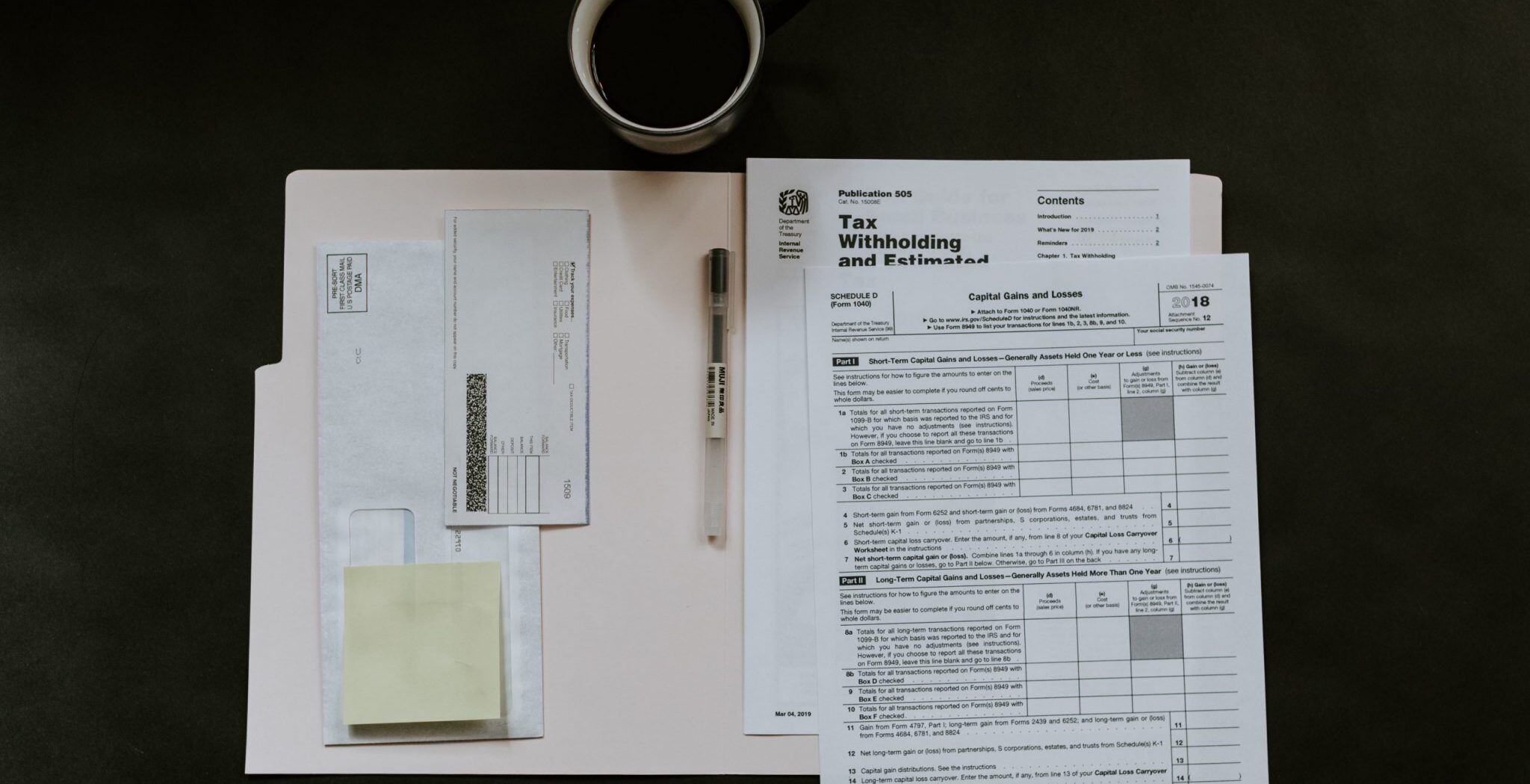The Inflation Reduction Act of 2022 becomes Law with Sweeping Changes affecting Specialty Tax Incentives

On August 16th, the Inflation Reduction Act of 2022 (the “Act”) was signed into law by President Biden. This sweeping Act contains over 300 pages, yet still represents a scaled-back version of President Biden’s former Build Back Better Act from 2021 which was never passed into law. The 2022 Act passed the House by a 220-207 vote on August 12th, followed by passage in the Senate by a narrow margin of 51-50 with a tie-breaking vote cast by Vice-President Harris.
The Act includes the extension and expansion of many energy tax incentives, the expansion of the R&D tax credit payroll credit program, a corporate alternative minimum tax of 15%, and an extension of the Affordable Care Act premium reductions from President Obama’s administration. The Act also contains a colossal increase in funding for the Internal Revenue Service to hire field agents, revenue agents, members of the criminal investigation unit, taxpayer phone assistance and much more to ensure full tax compliance amongst all taxpayers.
The Act has expanded the R&D tax credit program to increase the amount of the R&D tax credit that can be applied by a qualified start-up against payroll tax liability from $250,000 to $500,000 for tax years beginning after December 31, 2022. The first $250,000 of the credit limitation would be applied against the employer portion of the FICA payroll tax liability and the second $250,000 would be applied against the employer portion of the Medicare payroll tax liability.
The Act also extended the I.R.C. § 45L credit for homes sold or leased during 2022 with slight modifications. Consequently, residences sold or leased in 2022 may qualify for the I.R.C. § 45L credit using the 2021 energy efficiency standards. However, between Jan. 1, 2023, through Dec. 31, 2032, the Act significantly changes the I.R.C. § 45L energy efficient home credit with new requirements.
Beginning in 2023, the Act provides an increased credit of $2,500 for single family and manufactured homes when constructed according to the standards set forth pursuant to the Energy Star Residential New Construction Program or the Manufactured Homes Program.
- Single-family homes must meet the Energy Star Single Family New Homes Program, Version 3.1 for homes constructed before Jan. 1, 2025, and Version 3.2 thereafter; and
- Manufactured homes must meet the latest Energy Star Manufactured Home National Program requirements as in effect on the latter of Jan. 1, 2023, or Jan. 1 of two calendar years prior to the date the dwelling is acquired.
The Act further provides a higher credit of $5,000 for both single family and manufactured homes when they are certified as a DOE Zero Energy Ready Home (“ZERH”).
To ensure compliance with the new provisions within this Act, contact Veritax TODAY and get Verified with Veritax!


